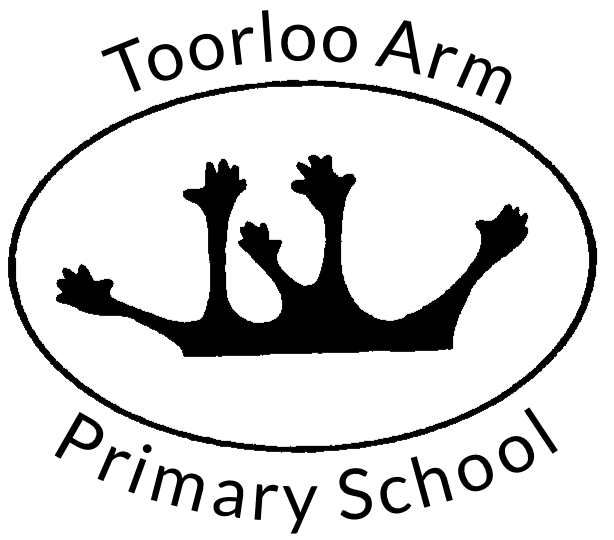Student Wellbeing & Social Development
We recognise that for children to succeed at school they need to develop academic skills together with proficient social skills.
Toorloo Arm Primary prides itself on creating and sustaining a culture that values building positive relationships. Providing a safe and secure environment for children is an important component in this process and has always been a high priority at this school.
We place a great deal of importance on getting children to develop friendly, co-operative and productive relationships with each other. We run a comprehensive Student Welfare Program that promotes the understanding and adoption of the following core values:
- It is important to be honest
- It is important to be fair.
- It is important to be responsible
- It is important to care and support others
- It is important to cooperate
- It is important to recognise and feel O.K about individual differences.
- It is important to show respect to others
- It is important to be friendly
This program also focuses on building students self esteem and resilience through the Bounce Back Program. This program teaches students how to recover from disappointments and set backs when they happen and how to move on.
Teachers continually reinforce these values in the classroom by modelling and rewarding good behaviour, developing strategies for resolving difficulties, promoting students self esteem and challenging behaviours that erode these values or affect others.
We stress that children need to develop a strong sense of personal accountability: in other words that they can show the sensitivity and maturity to act in a fair and appropriate manner. As with academic skills, children progressively develop social skills so that strategies and expectations for 6 year old children are different to 12 year old adolescents.
Being a smaller school we attempt to retain the flexibility, friendliness and atmosphere that exists in our local community. We are able to offer a quiet and safe environment.
Our school operates on the basis that all children are part of a “larger family”. This means that students are encouraged to look after each other (the bigger children having a responsibility to look after the smaller children). It is quite common for children to play and make friends with children older and younger than themselves.
